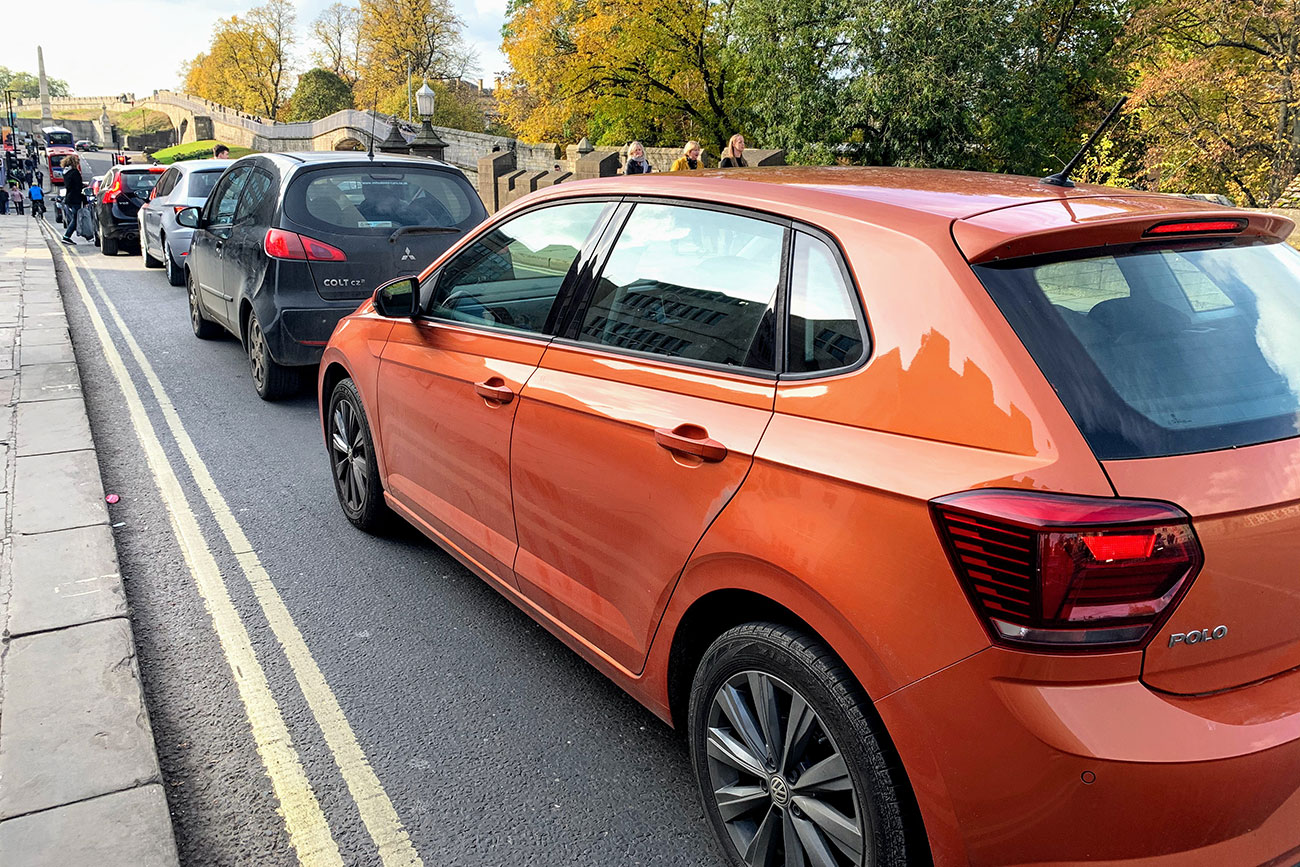Private car journeys could be banned within the city walls by 2023 – and public transport should be so good that most residents living in and around York would not need to own a car by that date.
That is the aim of councillors – who have outlined an “unashamedly ambitious” goal to ban all non-essential private car journeys in the city centre within the next three years.
Labour councillor Jonny Crawshaw said people who “genuinely rely on cars” – such as disabled residents – would be exempt and that it would be easier for them to get into the city because traffic and parking would be eased.
Cllr Crawshaw said:
- People’s first response might be to be a bit anxious about what we’re proposing.
But that doesn’t mean it’s not the right thing to do.
Public mood changing

“The public mood is changing – particularly in relation to climate change,” Cllr Crawshaw said.
“I want to reassure people living outside the city centre that this isn’t a proposal that seeks to stop them coming into town.
“Likewise for those living within the walls, we’re not trying to prevent you from accessing your homes or having a car.”
He added:
- This is about reducing and removing non-essential car journeys across the whole city, whilst improving the range and attractiveness of alternative travel options.
Fewer cars on York’s roads would enable faster, more reliable public transport from the suburbs and villages into the city centre.
Fewer cars on the roads would make cycling feel safer and more viable option for more people.
He claimed the move would help City of York Council meet its goal of becoming carbon neutral by 2030 and improve the city’s air quality.
‘£30m congestion bill’

His colleague, Cllr David Heaton, claimed congestion already “costs the city’s economy up to £30 million a year” in lost productivity.
Liberal Democrat councillor Christian Vassie, chair of the council’s climate change committee, supported the scheme but warned councillors: “Banning cars is not the difficult bit.
“What are we putting in its place? How much are we prepared to invest in a future that provides a low carbon alternative?”
Cllr Stephen Fenton called for extra consultations to be launched on the plans, and said the closure of Lendal Bridge in 2013 “does cast a shadow over this debate”.
He added: “I support this plan.
“But restricting and reducing car journeys will inevitably have a number of implications for those living in the city.
“We need to understand the reasons for journeys into, within and around the city, to what extent they are classed as essential and where are the gaps we need to fill to make this a reality.”
The plans in full
Councillors voted in favour of the plans by a majority – with a number of Lib Dems abstaining from the vote and three other councillors voting against the move.
Under the proposals, the council will look to:
- stop all non-essential private car journeys within the city walls by 2023
- work with disability groups and Blue Badge holders to ensure they can still get into the city
- ban all non-essential cars from accessing roads around the city’s primary schools at drop-off and pick-up times
- work with businesses to make sure deliveries continue and companies are not negatively impacted by changes.
